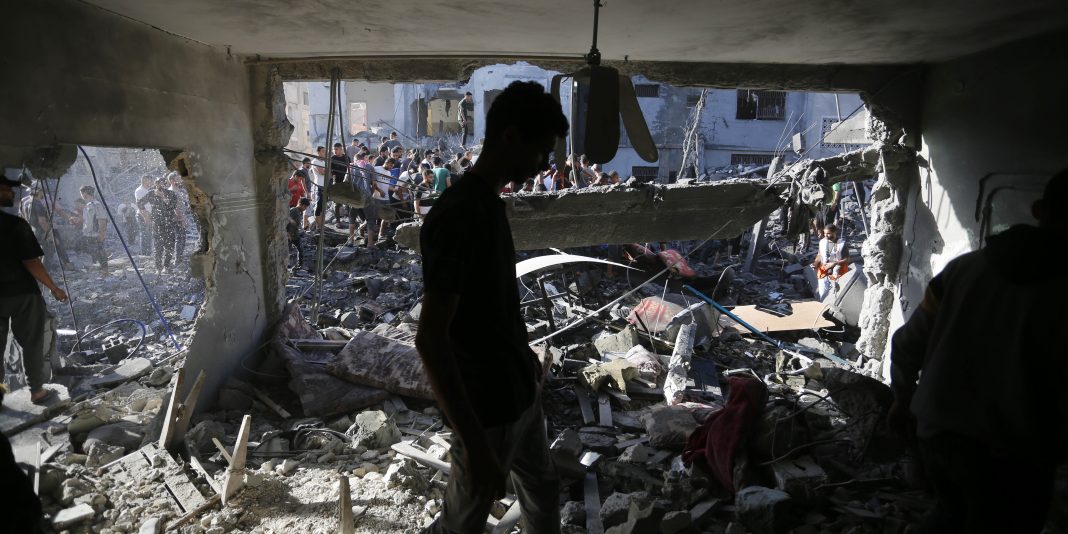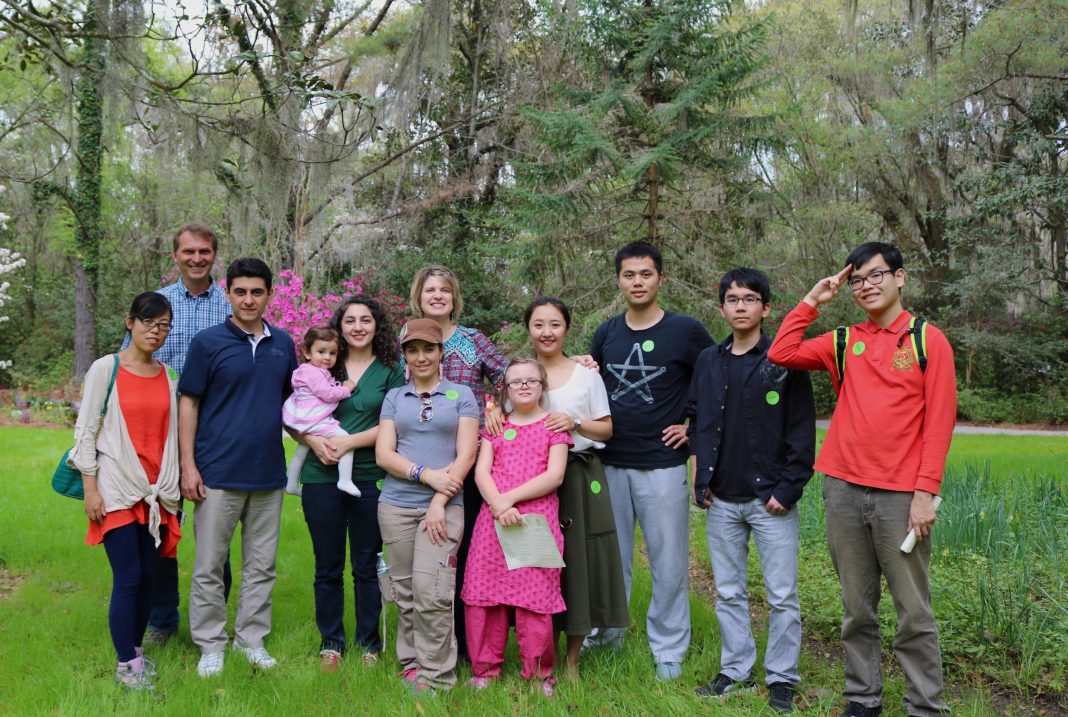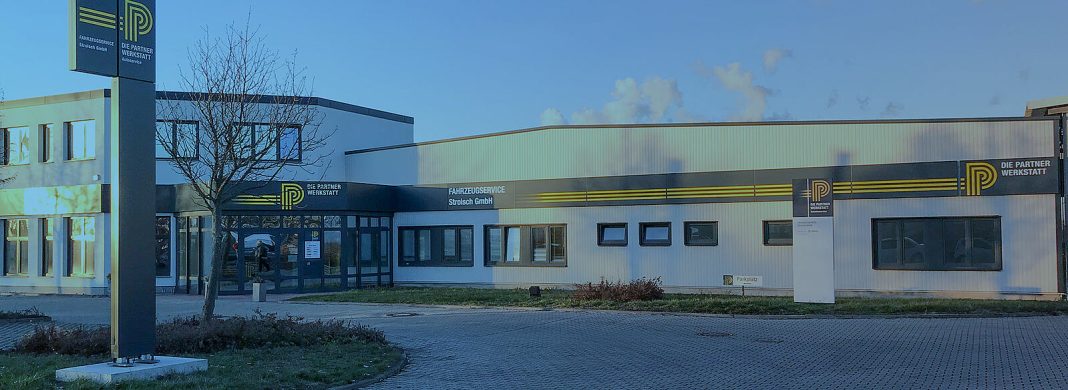Title: The Suppression of Pro-Palestine Professors: Unveiling the New McCarthyism
Introduction:
The suppression of professors who support Palestinian liberation has reached alarming levels, both in the Gaza Strip and in American universities. This article explores the systematic erasure of intellectual life in Gaza and the consequences faced by professors who voice their support for Palestine in the United States. It sheds light on the various fields affected, the diverse backgrounds of these educators, and the targeted campaigns by pro-Israel groups. Additionally, it highlights the lack of official data on academic workers who have lost their jobs or faced suspension due to their pro-Palestine stance.
The Assault on Intellectual Life in Gaza:
In the Gaza Strip, all 12 universities have been reduced to rubble, and over 90 professors have been reported killed during Israel’s assault on the territory. This assault on intellectual life has been condemned by United Nations experts as potential “scholasticide.” The impact of this destruction extends beyond Gaza, as U.S. universities also ensure that professors supportive of Palestine face professional consequences.
The Targeting of Pro-Palestine Professors:
Professors from various fields, including politics, sociology, literature, public health, and more, have been fired, suspended, or removed from classrooms for expressing pro-Palestine, anti-Israel views. These professors come from diverse backgrounds and have varying degrees of job security. However, their common ground lies in their recent support for Palestinian freedom, making them targets for pro-Israel groups.
The Pattern of Politically Motivated Repression:
Pro-Israel advocates have launched campaigns to mar the careers of academics who express outrage at Israel’s occupation and war in Gaza. The American Association of University Professors has opened several cases related to pro-Palestinian speech violations. Notably, none of these cases involve pro-Israel speech. This pattern reveals a politically motivated repression that stifles academic freedom and disproportionately targets pro-Palestine professors.
The Rise of a New McCarthyism:
The current suppression of pro-Palestine professors is likened to a “new McCarthyism” by Anita Levy, a senior program officer with the American Association of University Professors. The protection of Jewish people is often used as a misleading banner to eliminate political dissenters from university payrolls. This repression is fueled by heightened attacks on higher education by Republican politicians and is rooted in Islamophobia, anti-Muslim racism, anti-Arab racism, and anti-Palestinian racism.
Cases of Suppression and Smear Campaigns:
Several professors, both adjuncts and tenured, have faced investigations, suspensions, or job loss due to their pro-Palestine speech. Mohamed Abdou, a visiting professor at Columbia University, was blacklisted globally after being framed as an antisemite and Hamas supporter. Lisa Hofmann-Kuroda, a scholar of Japanese literature at CUNY’s Hunter College, faced repercussions for criticizing Israel’s occupation of Palestine. These cases exemplify the weaponization of extramural social media posts to undermine scholars’ careers.
The Role of Labor Movements and Student Activism:
Labor unions and student activism play a crucial role in supporting scholars who speak out for Palestine. The labor movement and the pro-Palestine movement are intertwined, providing legal protection and solidarity for professors facing repression. Student-led encampments demanding divestment from Israel have spread to nearly 200 campuses nationwide, demonstrating the resilience and determination to continue advocating for justice and peace in Palestine.
Conclusion:
The suppression of pro-Palestine professors represents a dangerous infringement on academic freedom and the right to express political views. The targeted campaigns by pro-Israel groups, the complicity of university administrations, and the lack of job security for professors create a hostile environment for those who support Palestinian liberation. However, the rise of labor movements and student activism offers hope for a future where academic freedom and justice prevail.


